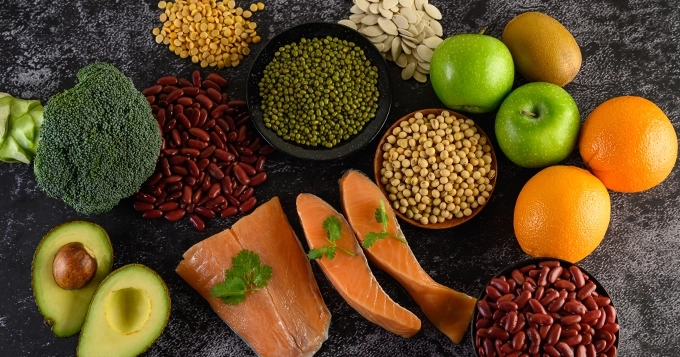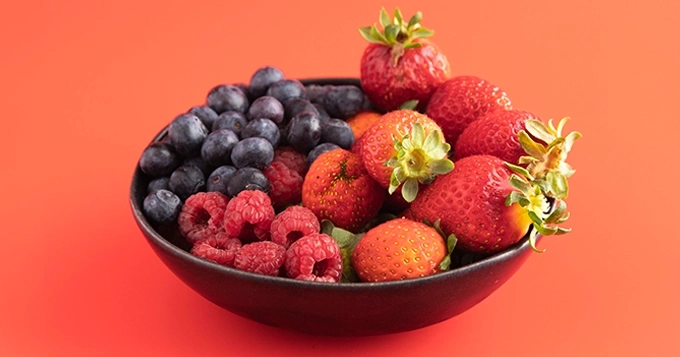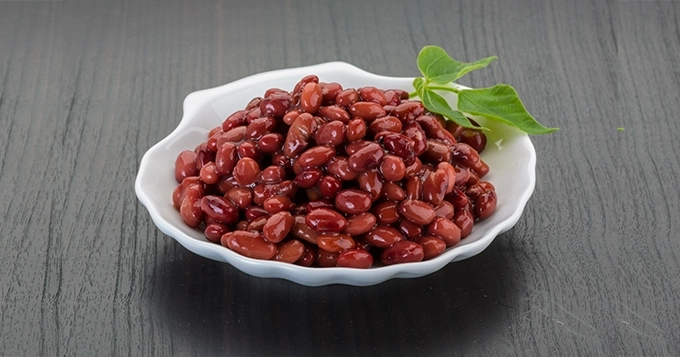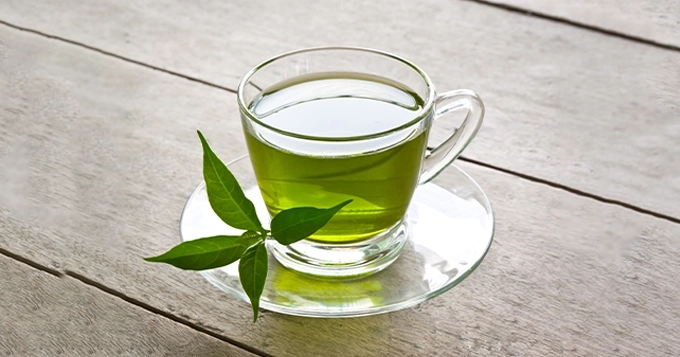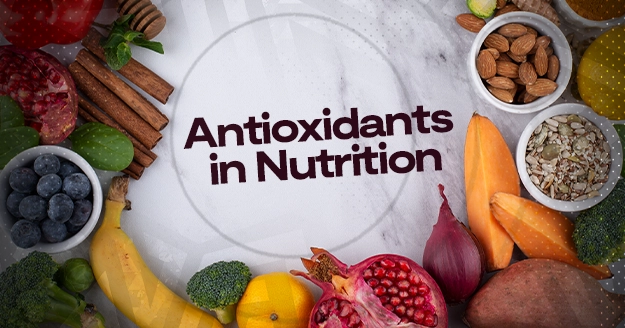In our busy and sometimes stressful modern lifestyles, our bodies are constantly exposed to challenges that can harm our health. One major threat is oxidative stress, which occurs when the body has an imbalance between antioxidants and free radicals, leading to cell damage. To combat this, it’s essential to have a diet rich in antioxidants.
This article explores the significance of antioxidants in nutrition and reducing oxidative stress.
What is oxidative stress?
Free radicals are highly reactive molecules that can damage cells in the body. They are produced naturally during normal bodily processes like metabolism. However, external factors such as UV radiation, pollution, and unhealthy lifestyle choices can increase their production. When there are too many free radicals in our body, it’s called oxidative stress. This can cause various health issues, including chronic diseases and inflammation.
The role of antioxidants
Antioxidants prevent cell damage caused by free radicals. These protective molecules are found in a variety of foods, such as fruits, veggies, nuts, whole grains, and seeds. Some common antioxidants include vitamins E and C, beta-carotene, selenium, and various phytochemicals. These antioxidants neutralize free radicals and help protect our bodies from the adverse consequences of oxidative stress.
How antioxidants benefit oxidative stress
- Neutralization of Free Radicals
Antioxidants stop the damage caused by free radicals by giving them electrons, making them stable and preventing further oxidative damage to cells. This process helps to break the chain reaction of oxidative stress.
- Cellular Repair and Regeneration
Antioxidants like vitamin C are essential for repairing and regenerating damaged tissues. They support the body’s natural healing process, helping it recover from the effects of oxidative stress.
Antioxidants also help prevent damage to cellular structures and DNA by neutralizing free radicals.
- Enhanced Immune Function
Antioxidants play an important role in strengthening the immune system by protecting immune cells from oxidative damage. This ensures that the body’s defense mechanisms remain strong and capable of combating infections and illnesses.
- Reduced Inflammation
Oxidative stress is closely linked to inflammation. Antioxidants reduce inflammation by neutralizing free radicals and decreasing the production of pro-inflammatory molecules, thereby preventing or alleviating chronic inflammatory conditions.
- DNA Protection
Antioxidants protect DNA from oxidative damage, which is crucial for maintaining genetic stability and reducing the risk of mutations that could lead to various diseases, including cancer.
- Skin Health.
The benefits of antioxidants in nutrition include their positive effect on skin health. Antioxidants contribute to healthy skin by protecting our skin cells from oxidative damage caused by UV rays and other environmental pollutants.
Foods with the most antioxidants
Incorporating foods rich in antioxidants into your daily meals is a great way to support your body’s defense against oxidative stress. Here’s a list of foods that are rich in antioxidants:
Berries:
Blueberries are renowned for being one of the most potent antioxidant-rich fruits, providing a concentrated source of health-promoting compounds that deal with oxidative stress in the body.
Strawberries, raspberries, and blackberries are also loaded with antioxidants, including flavonoids and vitamin C.
Nuts:
Almonds, walnuts, and hazelnuts are rich in antioxidants, vitamin E, and healthy fats.
Dark Chocolate:
Dark chocolate contains powerful antioxidants, such as flavonoids. Choose chocolate with at least 70% cocoa content for maximum benefits.
Leafy Greens:
Spinach, kale, and Swiss chard contain antioxidants like lutein, zeaxanthin, and beta-carotene.
Red and Kidney Beans:
Beans are high in antioxidants, fiber, and protein. Red and kidney beans, in particular, contain anthocyanins and other beneficial compounds.
Broccoli:
Broccoli is a cruciferous vegetable rich in antioxidants, including sulforaphane, which has been associated with various health benefits.
Tomatoes:
Tomatoes are rich in antioxidants like lycopene, especially when cooked. Lycopene has been linked to improving heart health.
Sweet Potatoes:
A sweet potato is a great source of beta-carotene. Beta-carotene is converted into vitamin A in the body, acting as a potent antioxidant.
Green Tea:
Green teas are rich in catechins, a type of antioxidant that has been studied for its potential health-promoting properties.
Oranges and Citrus Fruits:
Oranges, grapefruits, lemons, and other citrus fruits are high in vitamin C, a powerful water-soluble antioxidant.
Red Grapes:
Red grapes contain resveratrol, a polyphenol with antioxidant properties that may have heart-protective benefits.
Turmeric:
Curcumin is an active compound in turmeric. It has potent anti-inflammatory and antioxidant properties.
Cherries:
Cherries, especially tart cherries, are rich in antioxidants, including anthocyanins, which may have anti-inflammatory effects.
Onions:
Onions contain antioxidants like quercetin, which may have anti-inflammatory and heart-protective effects.
Conclusion
A well-balanced diet that includes a colorful array of fruits and vegetables ensures an ample intake of dietary antioxidants, which play a crucial role in supporting overall health and protecting the body from oxidative stress.
Understanding the crucial role of antioxidants in nutrition and how they benefit oxidative stress allows us to make informed choices that not only satisfy our taste buds but also provide our bodies with powerful defense mechanisms against the challenges posed by our modern environment.
